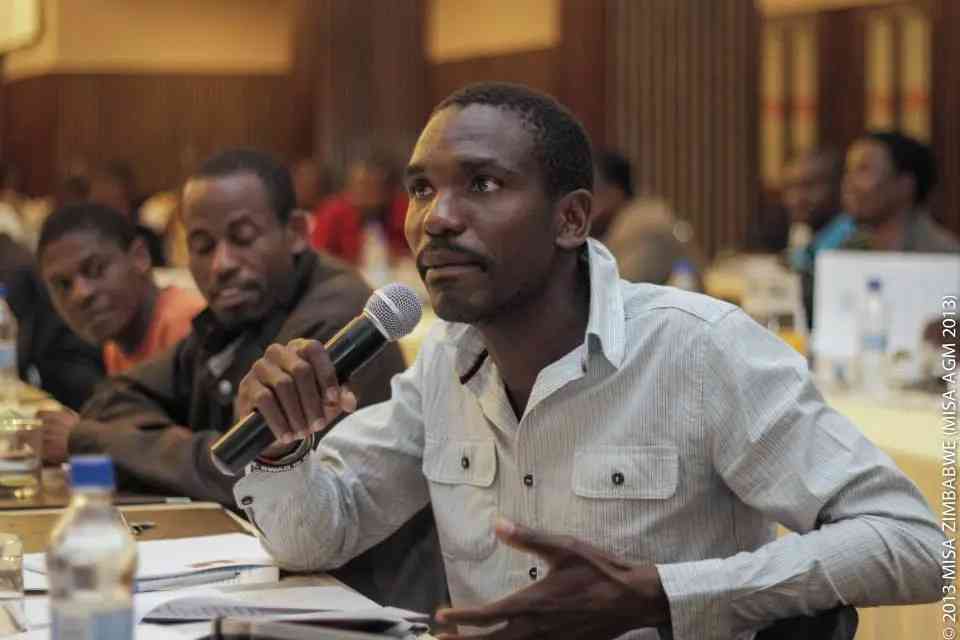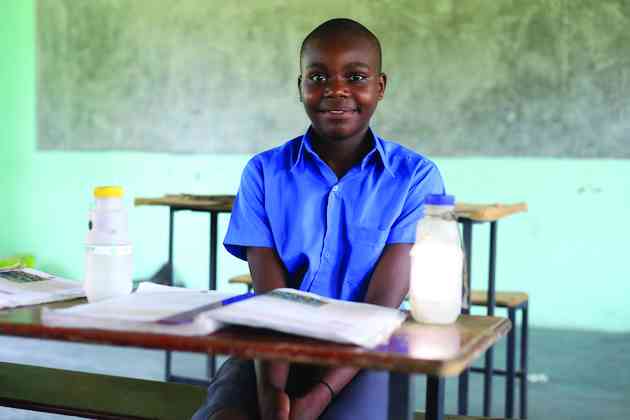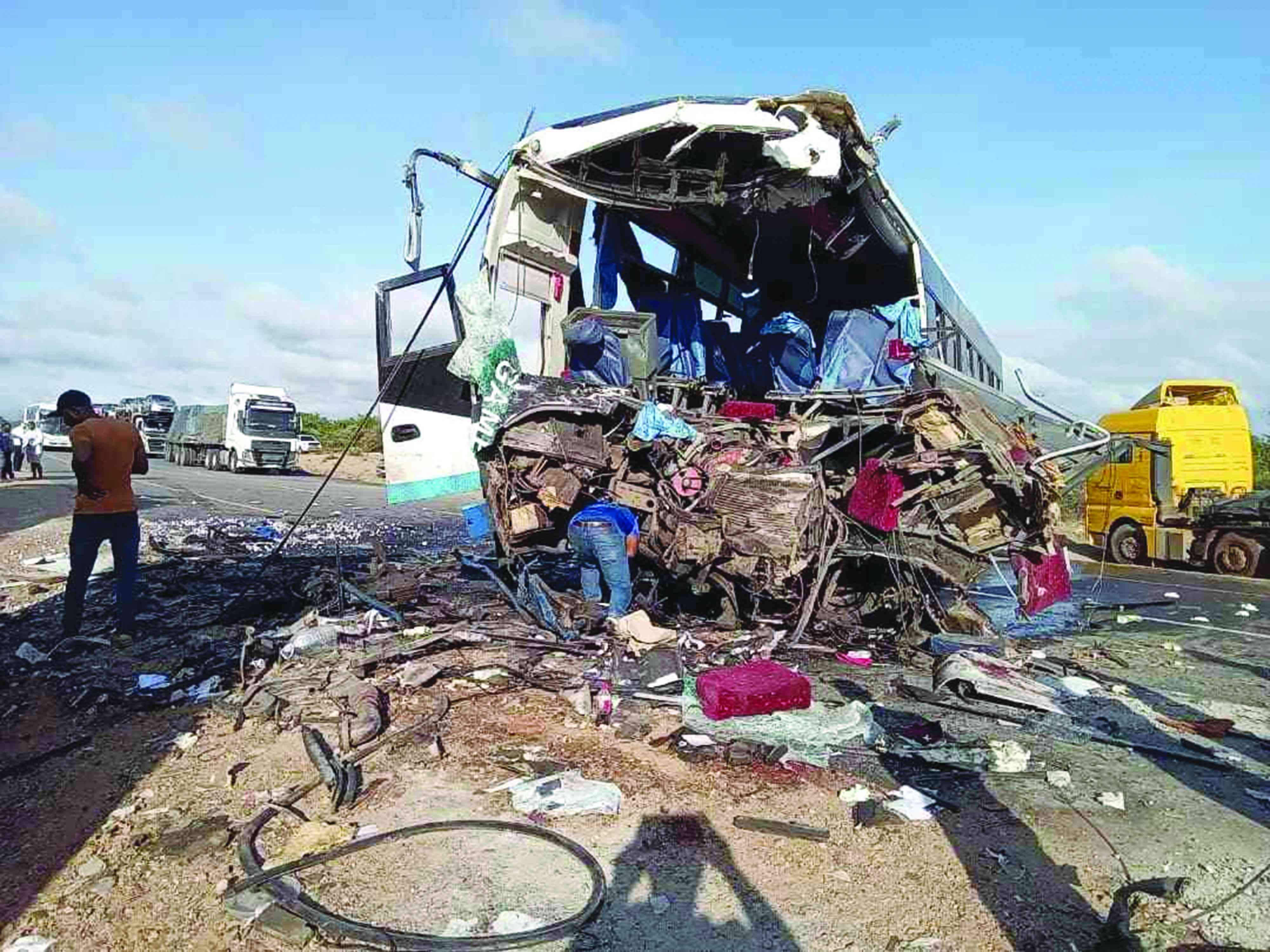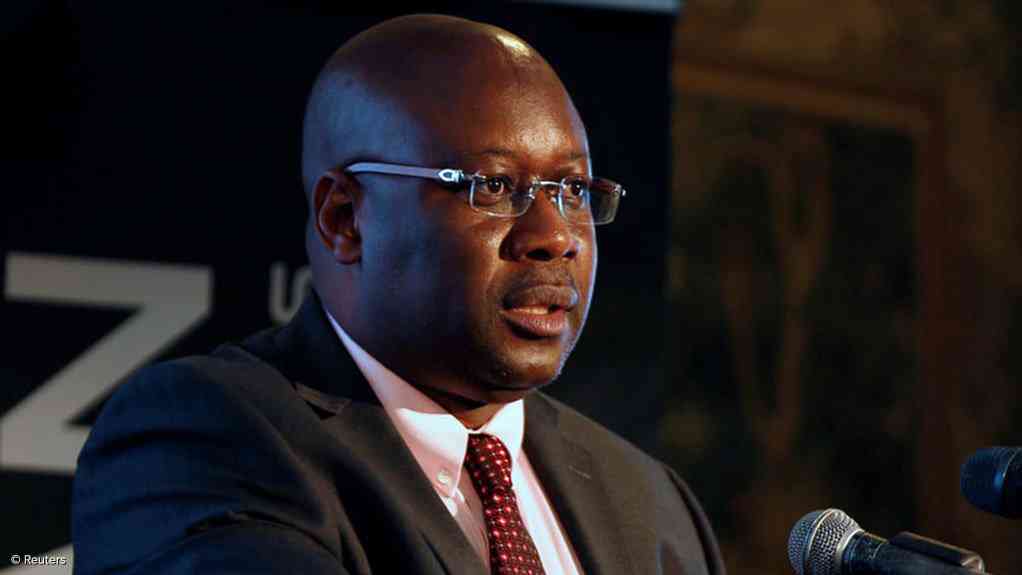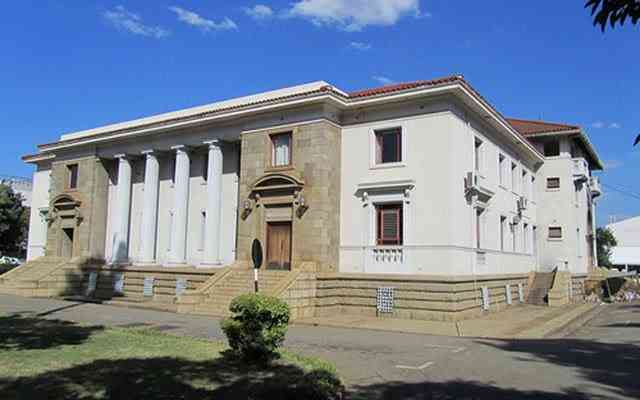
HARARE City Council (HCC) is battling to service a crippling US$140 million debt that threatens to shut down its already struggling water treatment plant, the Zimbabwe Independent can reveal.
The debt crisis stems from a US$144 million loan deal HCC entered into with China Machinery Engineering Corporation (CMEC) to overhaul its water and sewerage reticulation system, including upgrading the critical Morton Jaffray Waterworks.
However, the project stalled after HCC defaulted on repayments, leaving the city’s water infrastructure in disrepair.
In a candid admission, Harare Mayor Jacob Mafume said the council’s chronic failure to meet its financial obligations had halted progress on the waterworks rehabilitation.
“The credit is US$70 million. Remember, it was US$140 million, so we got US$70 million, and we stopped paying,” Mafume told the Independent.
“When we stopped paying, they also stopped giving us the money and halted the rehabilitation works.”
He painted a grim picture of the incomplete project, which has left Morton Jaffray Waterworks operating below capacity.
“If you go to the pump house, there are four new pumps and two old pumps,” he said.
- Fresh demolitions hit Mbare
- Fresh demolitions hit Mbare
- RTG donates to Harare children’s home
- Harare charges resident in US$
Keep Reading
The mayor also stressed the importance of financial accountability.
“People pay…there is no free lunch. We have to pay — you cannot get taxes from other regions to pay. Harare is bigger than (some countries),” he said.
“It is bigger than Namibia and bigger than Botswana. So, Harare must organise its affairs in such a way that it can take care of itself. We have three million people.”
Mafume admitted that HCC has yet to pay CMEC for the work completed so far.
“We have not yet given them any money. They came with their own funds and repaired [the system], thinking we would pay, but we failed to pay, so they stopped the work,” he said.
“As Harare City, we have to restore our credibility, restore our audits, and start paying our debts, no matter how painful they are.
“We must begin by settling our debts — that is the only way we can secure further assistance.”
Mafume indicated that the issue would be brought before the full council and floated the idea of securing public-private partnerships or loans to fund future projects.
“We normally get money for rehabilitation from ratepayers and the government, but it is unsustainable,” he said.
“Now, we have to enter into public-private partnerships or secure loans.”
Mafume also accused residents of opposing every proposed intervention, describing the resistance as “anti-development” and warning that it has left the council at a standstill.
As the water crisis deepens, residents are forced to rely on contaminated water sources, leading to widespread health risks.
With the water treatment plant operating at reduced capacity, both households and businesses are struggling to cope.
Meanwhile, the council’s financial troubles have closed the door on potential financing opportunities.
“What we are paying is part of us beginning to be a credible institution,” he said.
“We cannot even go to local lenders when we have a history of non-payment. We have to be credible.”
Residents spend up to 20% of their income on water, yet the water they receive is often green, dirty, and undrinkable. The city’s water supply is contaminated with sewage, industrial waste, and other pollutants, posing a serious health risk.
In 2023, a Global Press Journal investigation found unsafe levels of contaminants in Harare’s water.
Despite paying up to 20% of their income on water, residents continue to receive discoloured, dirty, and undrinkable water, often contaminated with sewage, industrial waste, and other harmful pollutants.
A 2023 Global Press Journal investigation uncovered dangerously high levels of contaminants in Harare’s water supply, heightening fears of waterborne diseases.
To address the debt, HCC introduced a water infrastructure levy, but critics accuse the council of misleading the public about how the funds will be used.
Harare Residents Trust (HRT) director Precious Shumba alleged that the levy is merely a stop-gap measure to pay off the CMEC debt.
“The City of Harare is lying when it claims the water levy is a special charge designed to support the development and maintenance of water and sewer infrastructure,” Shumba said.
“The truth is that in November and December 2024, the City of Harare received letters of demand for payment of the outstanding money owed to China Machinery Engineering Corporation, which was part of the US$72 million City of Harare water and sanitation rehabilitation project.
“The City of Harare reportedly wrote to the Ministry of Finance, Investment Promotion and Economic Development seeking help to settle the remaining US$21 million.
“The Finance Ministry turned down the request, and now the City of Harare is lying to residents, claiming the levy is for capital-intensive projects they deliberately do not specify.”
HRT’s latest report highlights a disparity in the water levy charges. While the council initially claimed that the levy would be based on 7,5% of water consumption, it later announced fixed monthly charges — US$1 for high-density residents and US$3 for low-density suburb.

